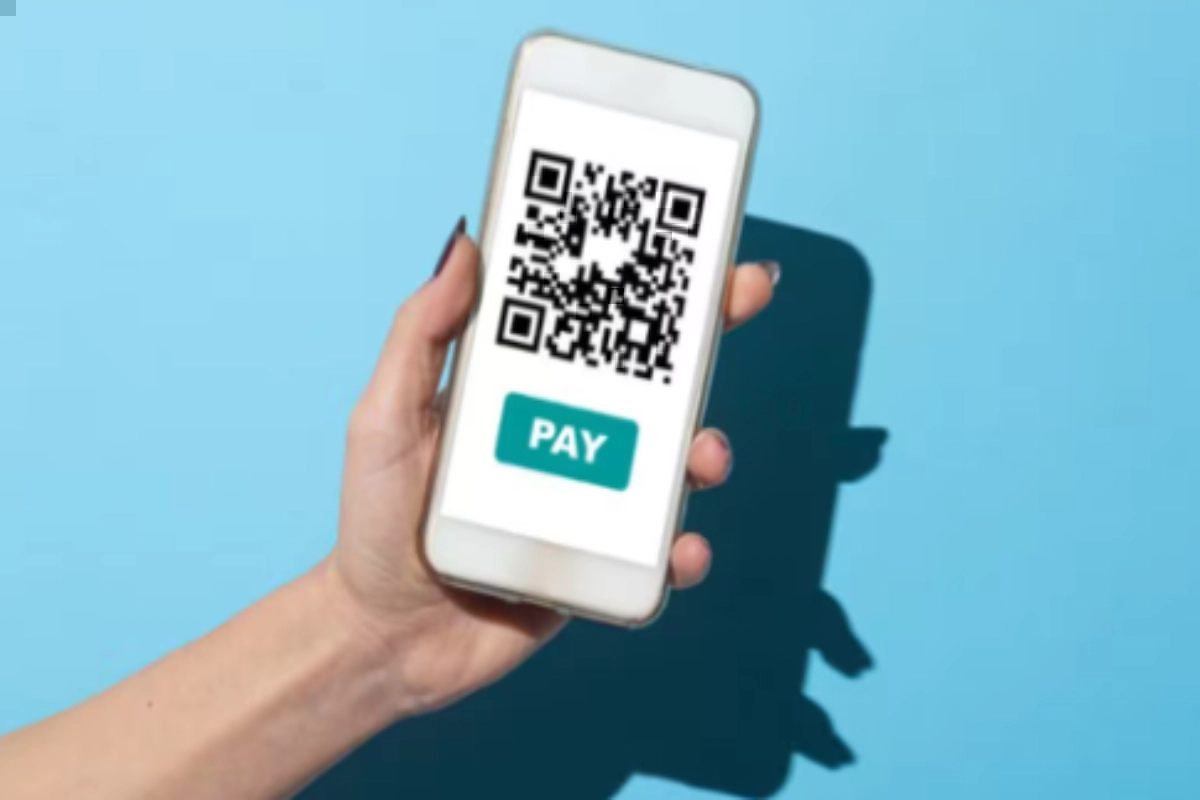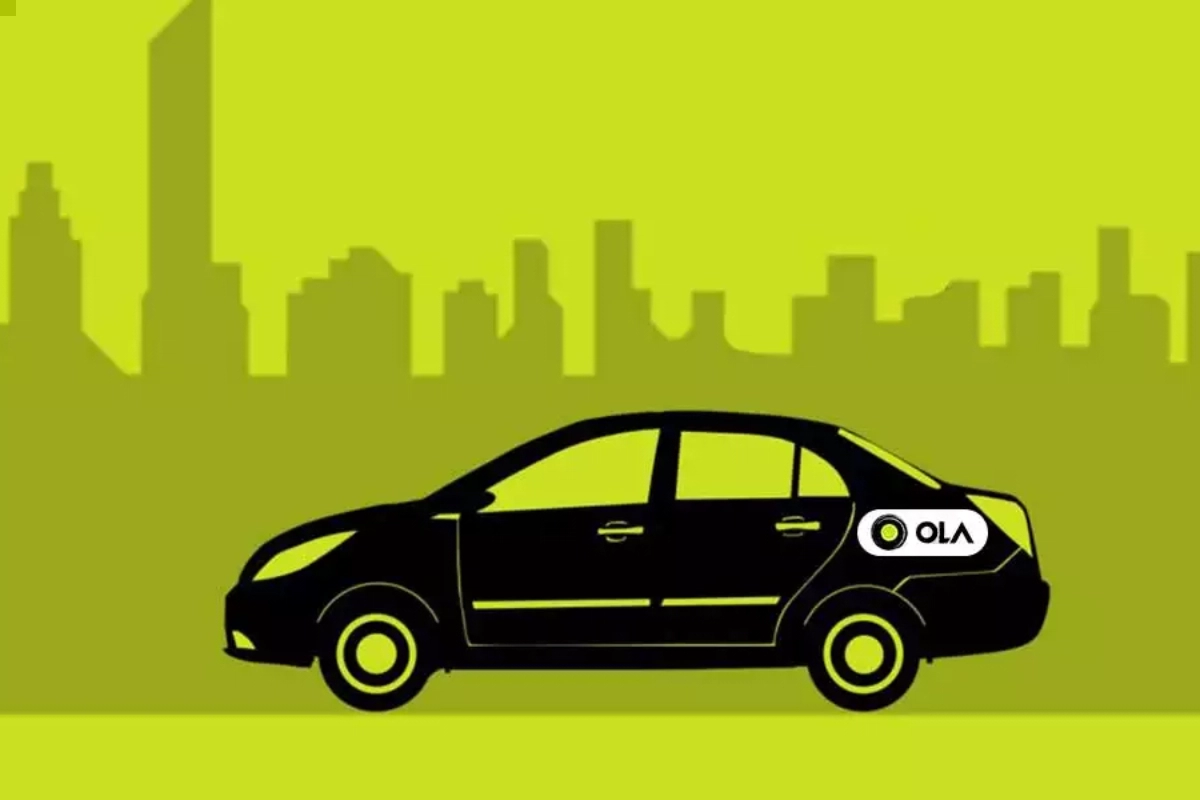UPI: Indians now use downloadable apps to make digital payments in their daily lives. Millions of people utilise UPI (Unified Payments Interface) payments for everything from buying tickets to recharging phones to paying roadside sellers. But a worrying trend has been identified by a recent LocalCircles survey: the frequency of “dark patterns” used by online payment companies.
Indian Government’s Recognition of Dark Patterns
The Indian government has identified the platforms’ deceptive tactics as “dark patterns.” Thirteen categories of “dark patterns” have been recognised by the government through the Central Consumer Protection Authority (CCPA).
These include rogue malware, false urgency, basket sneaking, confirm shaming, forced action, interface interference, bait and switch, drip pricing, disguised advertisement, nagging, trick questions, and billing for software as a service (SaaS). According to the CCPA notice, dark patterns are equivalent to deceptive advertising, unfair business practices, or rights violations for consumers.
Hidden Charges
More than half (52%) of participants said they have come across transaction-related hidden costs that are withheld rather than revealed up front. Adding money to wallets while unaware of hidden fees became a common grievance.
Bank Account Delinking
Removing or delinking bank accounts tied to UPI payments—a classic “subscription trap” technique—proved to be a daunting 67% of customers’ challenges. It persists in spite of the RBI’s precautions.
Bait and Switch
Another suspicious activity observed on certain e-wallet sites is Bait and Switch, where customers are promised a cashback programme for completing additional purchases or adding funds to their wallets, but they never receive the incentive. 62% of respondents said they frequently lured people with cashback incentives but never fulfilled them, illustrating the “bait-and-switch” strategy.
Coercive Tactics in UPI Transactions
Although UPI transactions are meant to be free, 41% of respondents said they have used the “Forced Action” strategy, in which they were required to give their contact list in order to utilise the wallet payment service, or their funds up to a specific amount were banned in their online wallet.
Safeguarding the Digital Payment Ecosystem
Regulators like the RBI and CCPA must intervene as the Indian digital payment ecosystem grows to make sure that it is free of unethical behaviour.












